Optimal Timing for Foundation Repairs
Foundation repairs are most effectively performed during specific times of the year when environmental conditions are favorable. Proper timing can help ensure the longevity and stability of repairs, minimizing the risk of future issues.
Spring and early summer are ideal for foundation repairs due to moderate temperatures and stable ground conditions.
Avoid repairs during extreme cold or hot weather, as temperature fluctuations can affect curing times and material performance.
Timing repairs when soil moisture is balanced prevents additional shifting or settling after repairs are completed.
Spring and early fall often provide the most flexible scheduling options for foundation repair projects.
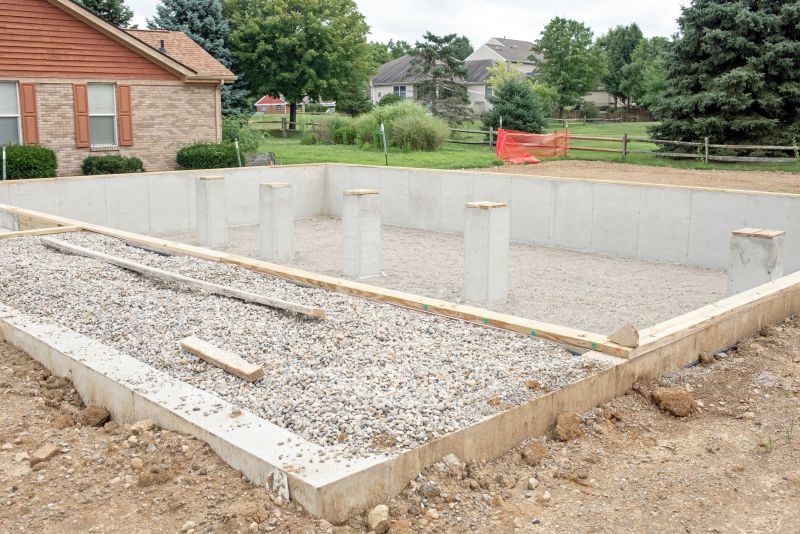
Spring offers moderate temperatures and manageable ground conditions for foundation work.
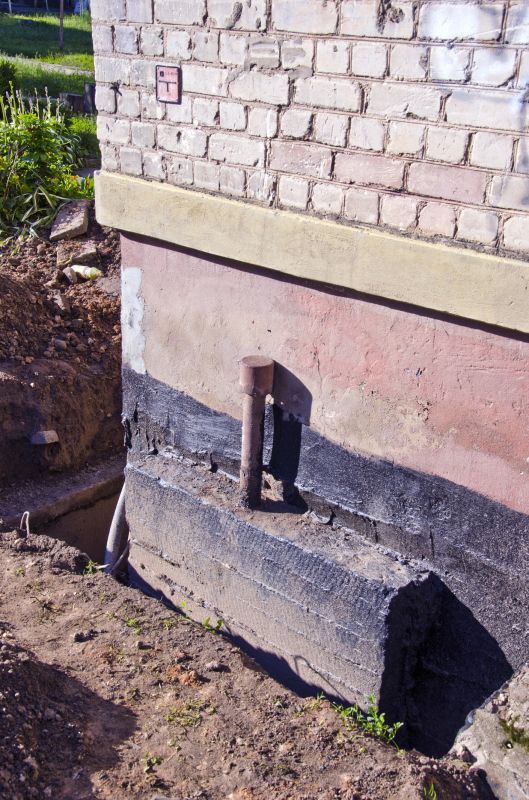
Early summer provides stable weather, reducing delays caused by rain or extreme heat.
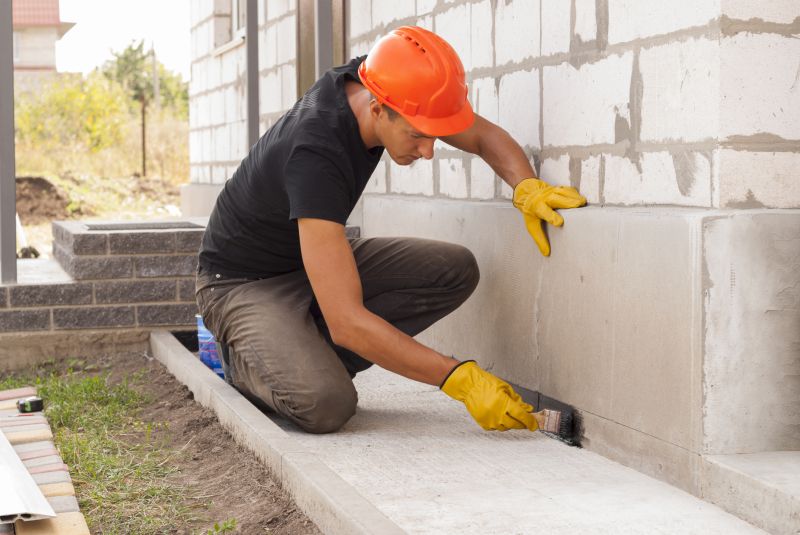
Fall allows for scheduling before winter, with cooler temperatures aiding material curing.
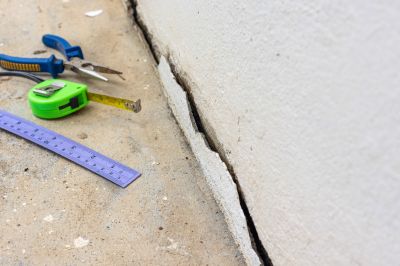
Ways to make Foundation Repairs work in tight or awkward layouts.
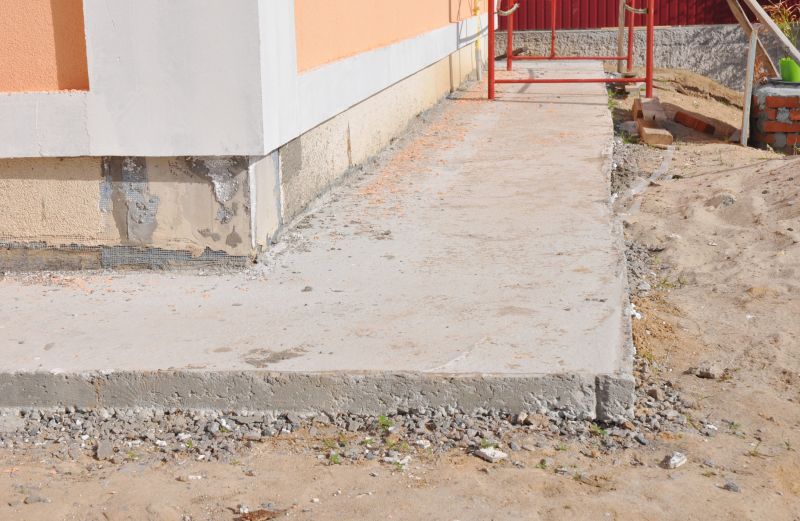
Popular materials for Foundation Repairs and why they hold up over time.
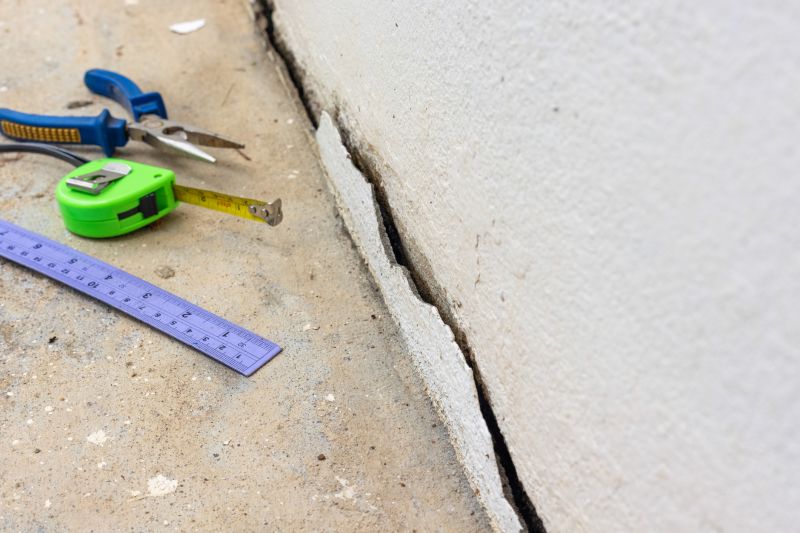
Simple add-ons that improve Foundation Repairs without blowing the budget.
| Season | Best Practices |
|---|---|
| Spring | Ideal for most foundation repairs due to stable ground and moderate weather. |
| Summer | Suitable during early summer; avoid peak heat hours. |
| Fall | Good for repairs before winter; ensure soil is dry. |
| Winter | Generally not recommended due to freezing temperatures and frozen ground. |
| Rainy periods | Delay repairs during heavy rain to prevent delays and compromised work. |
Foundation repairs address issues such as settling, cracking, and shifting that can compromise the stability of a structure. Timely repairs help prevent further damage, reduce long-term costs, and maintain property value. According to industry statistics, early intervention can reduce repair costs by up to 50% and extend the lifespan of a foundation.
Properly timed foundation repairs depend on environmental conditions and soil behavior. Soil expansion and contraction due to moisture changes can significantly impact foundation stability. Repair projects scheduled during periods of stable soil conditions tend to have better outcomes and longer-lasting results.
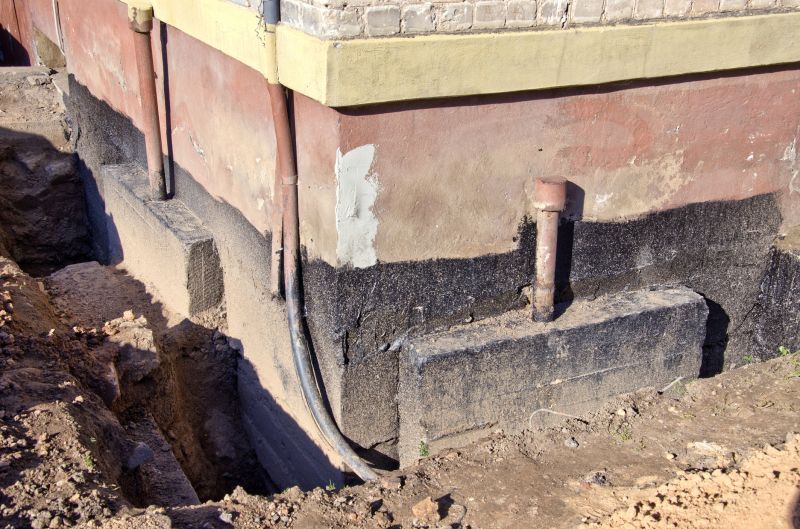
Excavation and stabilization techniques are most effective during optimal weather conditions.

Timing repairs when soil moisture levels are balanced helps prevent future shifting.

Early repairs during suitable seasons can prevent crack expansion.

Proper timing ensures long-term foundation stability and reduces future maintenance.
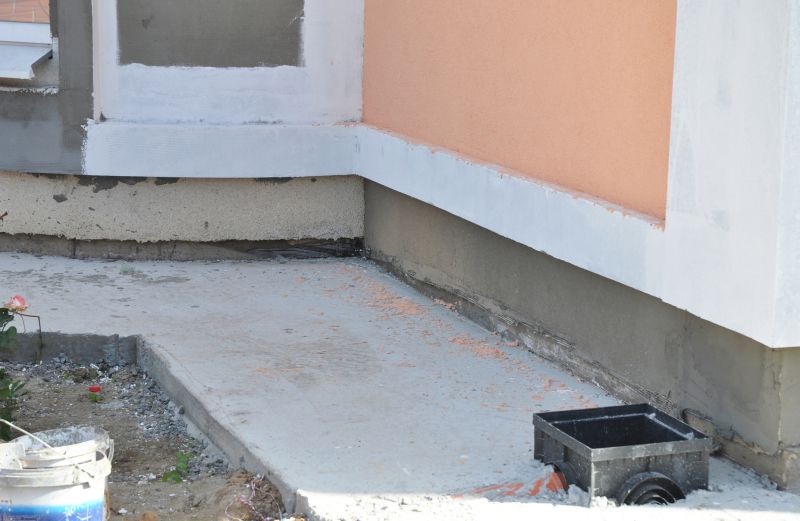
High-end options that actually feel worth it for Foundation Repairs.
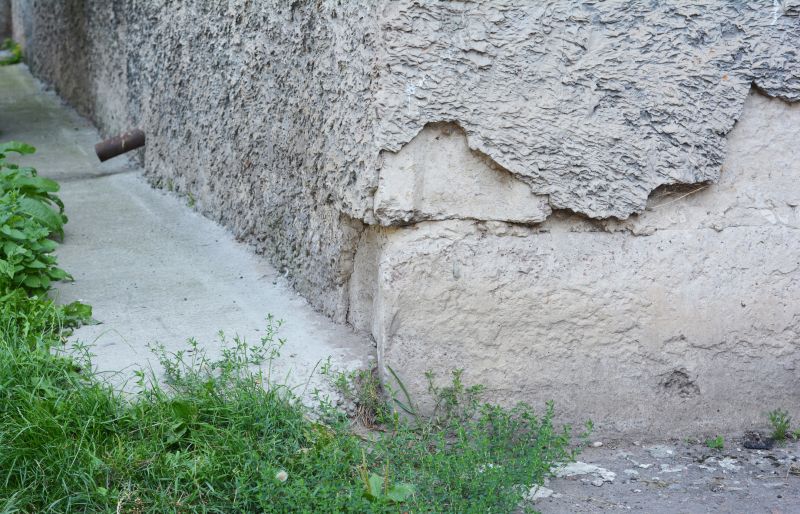
Finishes and colors that play nicely with Foundation Repairs.
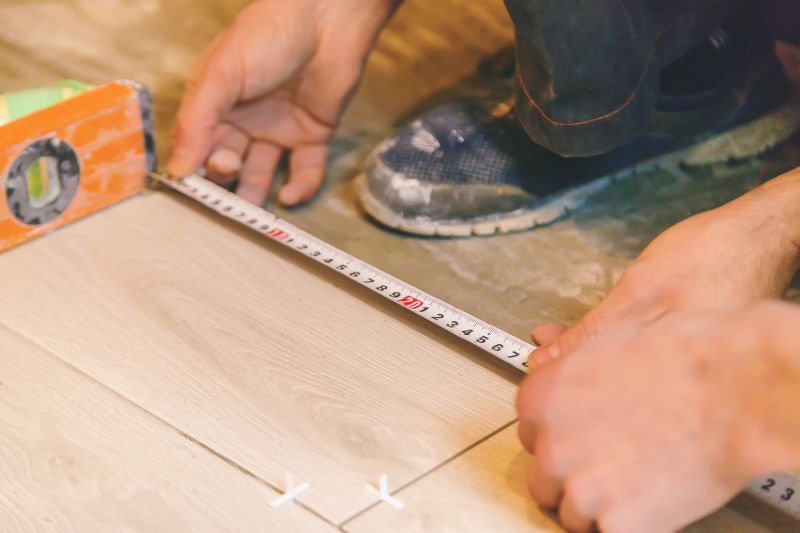
Little measurements that prevent headaches on Foundation Repairs day.
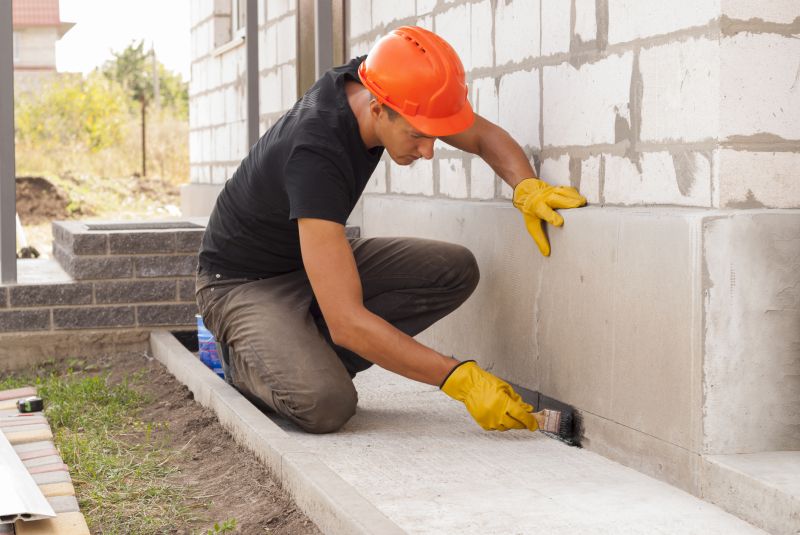
A 60-second routine that keeps Foundation Repairs looking new.
If considering foundation repairs, it is advisable to schedule during seasons with predictable weather patterns and stable ground conditions. Consulting with foundation specialists can help determine the optimal timing based on local climate and soil conditions.
Interested property owners in Clinton, IA, should consider these timing factors to ensure the most effective and durable foundation repairs. Proper scheduling can lead to significant savings and enhanced structural integrity.
For more information or to discuss specific needs, filling out the contact form is recommended. Expert guidance can assist in planning repairs at the most suitable time for long-term results.


